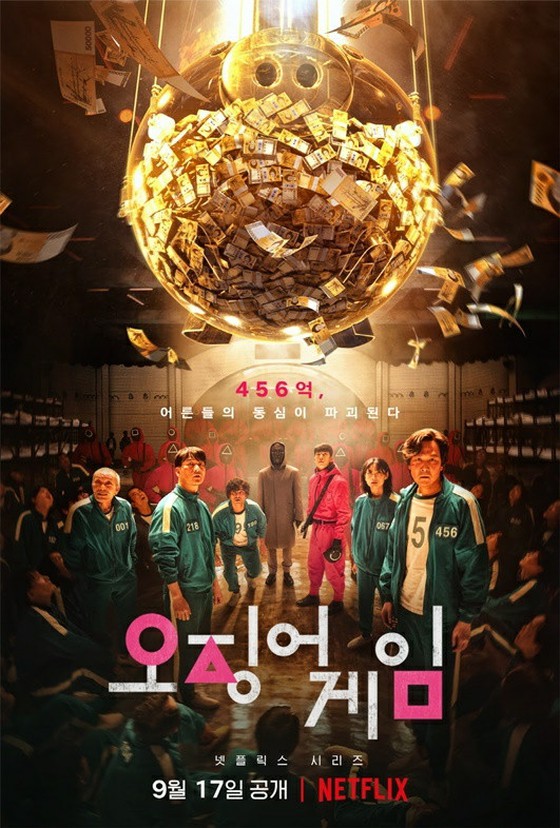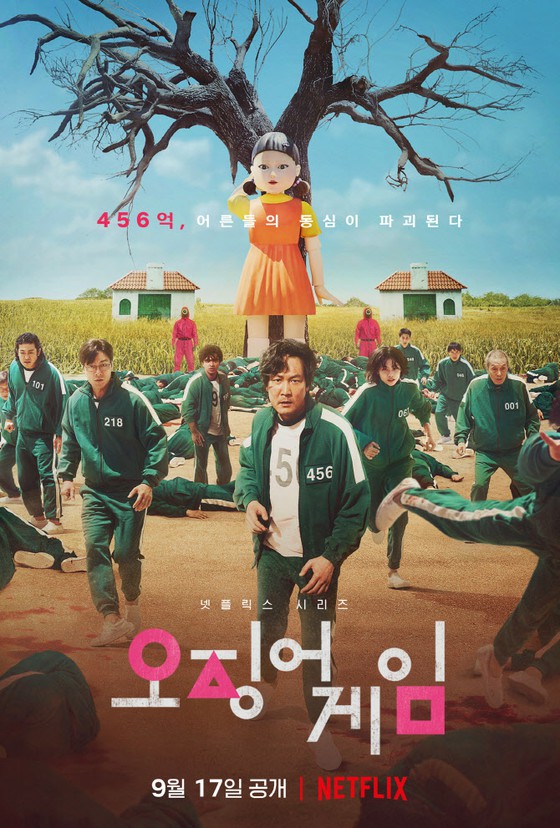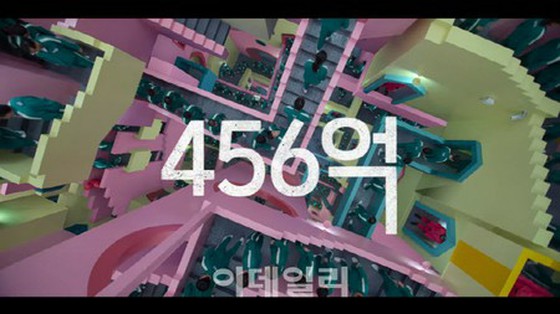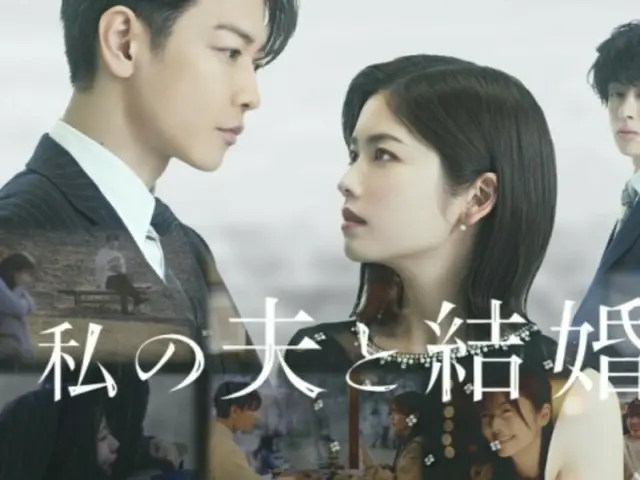   |
As soon as the original TV series "Squid Game" was released on NETFLIX on the 17th of this month, the plagiarism problem emerged apart from the box office record.
The setting that if you lose in the game, you will die is like the movie "As the Gods Will" (2014) based on the Japanese manga, and the story of participating in a survival game of unknown organizer is reminiscent of "Gaming Apocalypse Kaiji" (2009).
In addition, Netflix's original "Alice in Borderland" (2020), which participates in various life-threatening death games, as well as "Battle Royale" (2000), which can be said to be all "ancestors", are "squid games". Is a criticism that it looks like a "squid champon" that mixes all of these.
How do you see the "Squid Game" in Japan, the former ancestor of the "Battle Royale" death game? "Squid Game" ranked first in the US Netflix the first time for a Korean TV Series on the 22nd, and also in the Japanese Netflix on the 25th. It was called "Korean version of Kaiji" even before it was released, and it was gathering the expectations of Japanese viewers.
Perhaps because it has been a long time since the survival game of "Battle Royale" was accepted as a genre, Japanese viewers seem to be generous with allegations of plagiarism of "Squid Game". Japan's largest movie review site, "Filmarks," has an atmosphere that focuses on "Korean originality" rather than "plagiarism."
It is undeniable that it is reminiscent of "Battle Royale", "Gaming Apocalypse Kaiji", and "Alice in Borderland", and it is a fact that it is a survival work, but the game that appears in the TV Series they point out that the biggest difference is that it is filled with traditional Korean games.
Philmarks introduces the Squid Game in the title as "a traditional children's play that was popular in Korea until the 1980s." In Korea, there was a tendency to dislike prizes and life-threatening survival works in order to avoid criticism of stealing, but "Squid Game" use traditional Korean games such as honeycomb toffee, marbles, tug of war, and flying stones as materials. Also added an explanation that you can enjoy it as a different work.
The universality of the first game "Mugunghwa kkochi pieotseumnida (The Rose of Sharon Is Blooming)" is also popular. In Japan, the name is "Daruma-san fell", in the UK there is a "Grandma's Footsteps", in the United States there is a "red light, green light", and there are similar games in Spain, China, Hong Kong, etc. It means that the viewer can feel close to it. It is analyzed that the use of this play in EP1, which was released simultaneously to the world through Netflix, was aimed at exactly such an effect.
One Japanese viewer told Philmarks, "While using materials similar to 'Kaiji', the production method, emotional expression, synopsis, etc. are Korean, so it feels different (from 'Kaiji')." Another viewer said, "It's certainly similar to Japanese works, but since all death game TV series and movies are life-threatening, it can't be helped to have a similar story."
The simple "theme consciousness", which was pointed out as the biggest weakness in Japan, is rather cited by Japanese viewers as an advantage. Since it is simple to convey what you want to convey without hints or deception, you can feel the weight and depth of the message frankly.
Through Philmarks, one viewer said, "It's a common theme, but it's novel to set all the games to children's play. It's a TV series that reflects Korean social problems." Korea, which is now making a TV Series with the setting of exchanging money that makes people crazy for human life, is amazing. If you make such a TV Series in Japan now, you will be hit by a bag."
In addition, it has been evaluated that realistic but unique set areas such as colorful playgrounds and vast sandboxes have increased the degree of immersiveness. The special appearance of Gong Yoo, the main character of the Korean TV series "Guardian: The Lonely and Great God", which has gained popularity in Japan, also raised the expectations of Japanese fans.
Of course, there is a reaction that it is disappointing. One viewer said, "Although it is the 'Korean version of Kaiji', it was a little disappointing that the joy of the brain battle and victory that made the death game more immersive was not enough." Other viewers said, "It was like a smoothie that mixed 'Kaiji',' As the Gods Will', and 'Alice in Borderland'" but said, "Still, the acting of the leading actors. It's amazing to see that (TV Series) was put to good use by force."
Korea's first "Battle Royale" TV Series, "Squid Game", which captivated not only viewers all over the world but also Japanese viewers who were the former ancestors of death games, will end with a teaser in Season 2. In the subsequent work, can we overcome the simple development and anachronistic characters pointed out as the limits of the previous work, and the unnecessarily induced discomfort, and give more freshness?
2021/09/27 21:35 KST


